Forbidden City Mystery: Cracked Brick Courtyard, Accidentally Revealing a Shocking Secret?
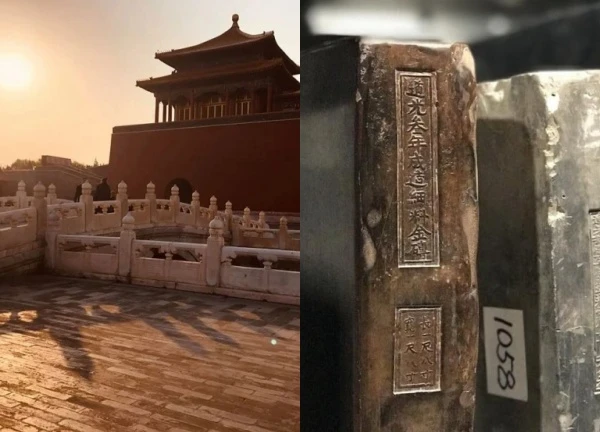
2 | 0 Discuss | Share
There were many beauties in ancient China, but only four were considered great beauties. They were beautiful not only because of their physical appearance, but also because of their contributions to the interests of the nation.
Wang Zhaojun was one of them. Thousands of years after her death, even tomb robbers had no intention of disturbing her tomb.
Wang Zhaojun is also known as Mingjun or Mingfei. It is known that the name Zhaojun has a very profound meaning. According to the book Shuowen, the word "Zhao" means light from the sun, and "Jun" is often the title of noble princes and nobles used from the Qin to the Han dynasties for both men and women.
History books recorded that Wang Zhaojun was born into a very ordinary family, but she had a captivating beauty. Not only was she beautiful, the beauty Wang Zhaojun was also very proficient in the arts of music, chess, poetry, and painting. Like many other beauties, she was selected by Emperor Xuan of Han to enter the palace. Unfortunately, Emperor Yuan of Han's harem was too large, and she did not have the opportunity to meet him even once.
Is the truth about Wang Zhaojun's appearance worth praising?
According to historical records, Wang Zhaojun was originally the daughter of a commoner but was famous for her beauty, so she was summoned to the palace. Because there were so many beauties in the harem, thousands and thousands of them, Emperor Yuan of Han could not visit each one, so he came up with a plan to order the famous painter Mao Yanshou to draw portraits of each one.
Knowing this information, many palace maids bribed Mao Dien Tho to have their portraits drawn beautifully, hoping to catch the emperor's eye. She refused to do so, so Mao Dien Tho intentionally drew Wang Zhaojun's face very badly. Because of this, Wang Zhaojun was not noticed by the emperor, and she was kept as a palace maid.
Later, the leader of the Huns went to Central China to ask for a marriage with Emperor Yuan of Han and promised not to go to the border area. Emperor Yuan of Han agreed. He ordered that according to the old custom, a palace maid be found and made a princess, then the leader of the Huns would be married to her.
But who would be willing to go to a faraway place to live their whole life and not be able to return home until death? No palace maid would accept this. Suddenly, Wang Zhaojun insisted on leaving. Only then did Emperor Yuan of Han notice her beauty and requested to change to someone else, but Wang Zhaojun refused. Emperor Yuan of Han had no choice but to comply.
Recently, archaeologists have used AI technology to restore old paintings of the "falling geese" beauty of Vuong Trieu Quan. Surprisingly, after the photo was published, everyone was stunned when admiring her beauty.
From the photo, it can be seen that Wang Zhaojun has a square face with small single eyelids and a high nose. Overall, her appearance is not too ugly, but to modern people, she cannot be considered the second most beautiful woman in the four great beauties of China.
However, scholars believe that in each era, people's aesthetic taste is different, maybe in the eyes of the ancients, Vuong Trieu Quan was really a beautiful woman. Moreover, what they reconstructed is only based on an old painting, not enough to confirm that that is her appearance.
The Cruel Fate of Wang Zhaojun
After being married, Wang Zhaojun became the concubine of the Xiongnu Chanyu Huhanye. However, her life was never truly happy, but she always devoted herself to the peace between the Han and Xiongnu dynasties.
Sadly, after Hu Han Ye passed away, she was forced to follow the Hun custom of "continuing the string", which means that when the king died, the successor would take his wife as a concubine. Although it was the Han custom that if one lost a husband, one had to remain chaste to maintain "respectable chastity", Wang Zhaojun still agreed to marry Fu Zhu, Hu Han Ye's eldest son.
Through the stories about Vuong Trieu Quan, it can be seen that Vuong Trieu Quan was a beauty with an unfortunate fate. She entered the palace hoping to become a concubine but was never once noticed by the emperor. She sacrificed her happiness to create a friendly relationship between the two countries and then quietly passed away.
Grave robbers all shook their heads when talking about her.
There is a strange phenomenon, that is, after thousands of years of Wang Zhaojun's death, no tomb robbers dared to dig up her tomb. Could it be that the tomb robbers did not know that it was a royal tomb? Of course they knew, so why didn't they do it?
The Xiongnu king was very pleased with Wang Zhaojun, and three generations of Xiongnu kings treated her very well. After Wang Zhaojun passed away, the Xiongnu buried her on the banks of the Dahei River.
Wang Zhaojun was favored by the three Xiongnu kings all her life. Because of her great contribution to the peace between the Han and Xiongnu dynasties, she was loved and praised by the people. They often visited her tomb and added a handful of yellow soil to express their longing.
Over time, Wang Zhaojun's tomb accumulated a height of 30 meters; a total area of ​​up to 13,000 square meters; and became one of the largest tombs of the Han Dynasty.
Every year at the end of autumn, the surrounding trees turn yellow and dry, only the tomb of Wang Zhaojun is always covered with green grass. Therefore, her tomb also has a very nice name, "Thanh Chung".
During her time in the Xiongnu, Wang Zhaojun taught culture and knowledge to the people there. Therefore, the local people were very grateful to her. Her ethereal demeanor and behavior were greatly admired by the people. They idolized a woman who could sacrifice herself to make such a great merit.
It is said that during her lifetime, Wang Zhaojun lived a very frugal life, and even after her death, her tomb did not contain any treasures. The local people did not allow anyone to violate her tomb.
However, the tomb robbers themselves said that Wang Zhaojun had done many good things when she was alive, and they felt that they should not disturb such a kind-hearted woman. Robbing Wang Zhaojun's grave would harm their descendants, so they did not dare to violate it.
Empress Dowager Cixi's bed was carved by Westerners, the content is shocking! 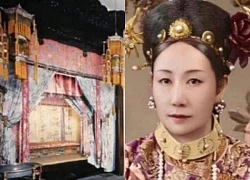 Đình Như17:36:57 20/05/2025Cixi staged three coups after the death of Emperor Xianfeng and eventually took control of the country herself. Although she did not claim the title of emperor, she held real power for decades.
Đình Như17:36:57 20/05/2025Cixi staged three coups after the death of Emperor Xianfeng and eventually took control of the country herself. Although she did not claim the title of emperor, she held real power for decades.

2 | 0 Discuss | Share
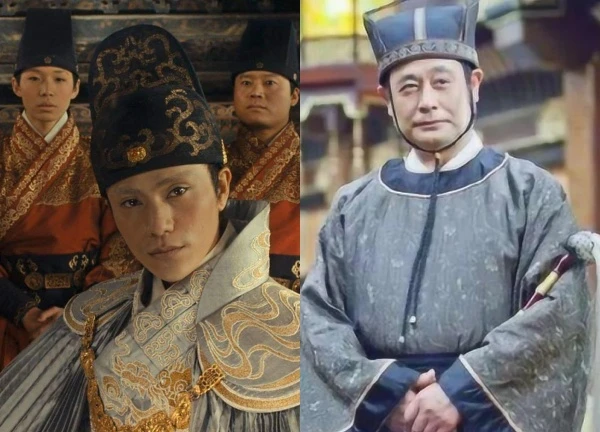
4 | 0 Discuss | Share
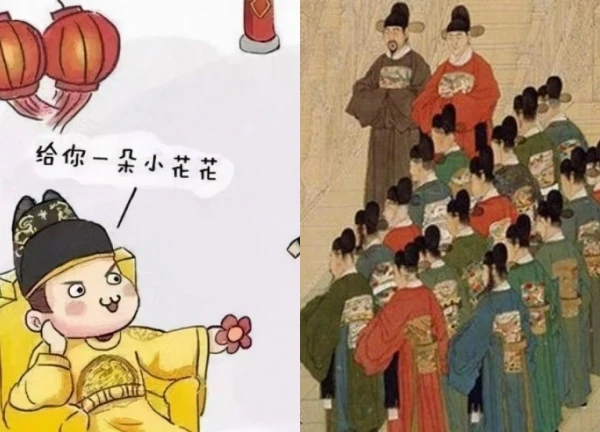
1 | 0 Discuss | Share
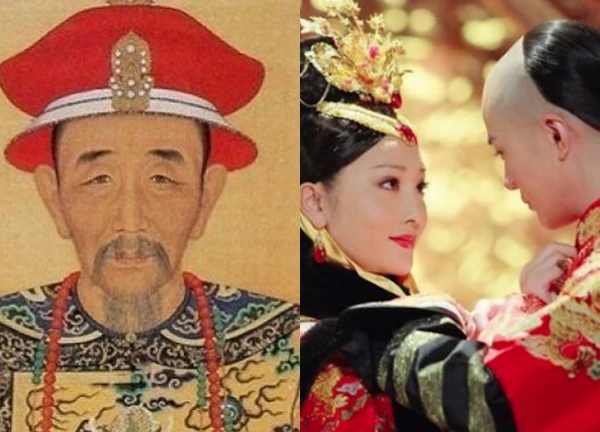
4 | 0 Discuss | Share
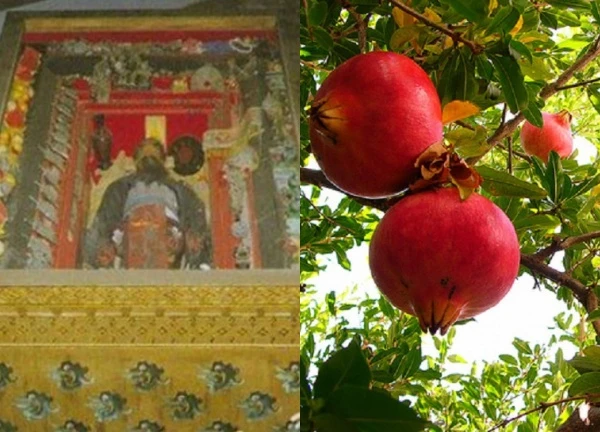
5 | 0 Discuss | Share
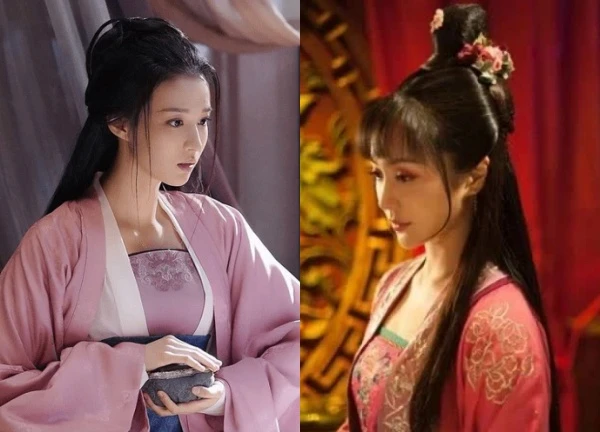
2 | 0 Discuss | Share
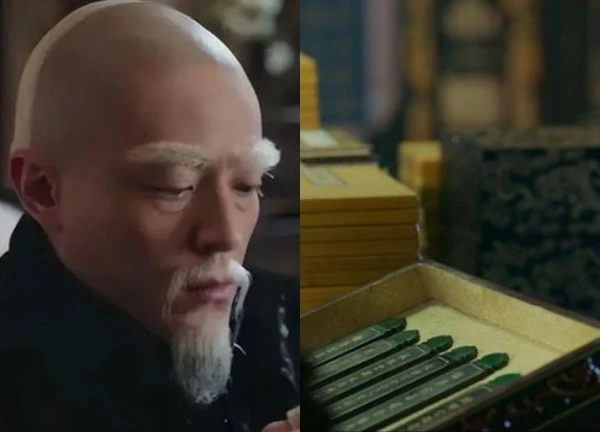
1 | 0 Discuss | Share
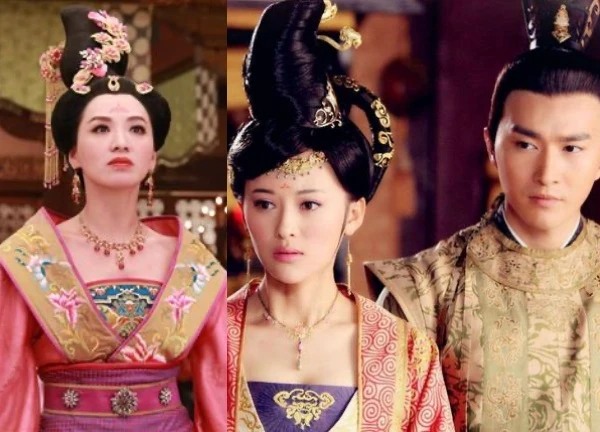
3 | 0 Discuss | Share
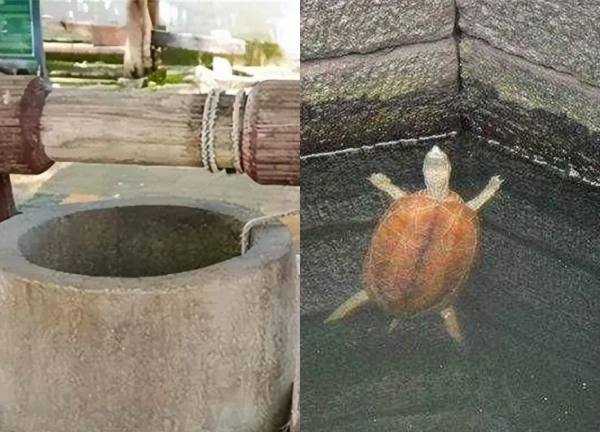
2 | 0 Discuss | Share
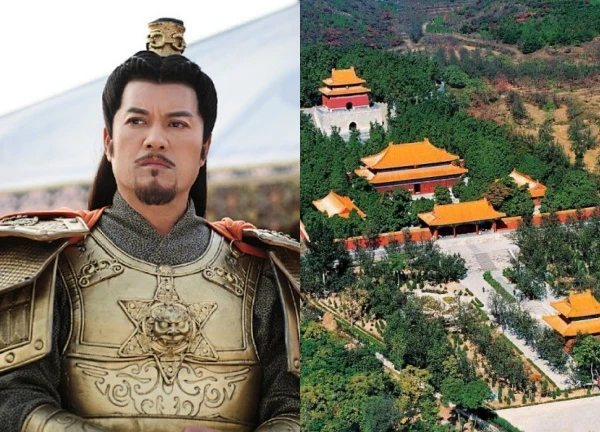
4 | 0 Discuss | Share
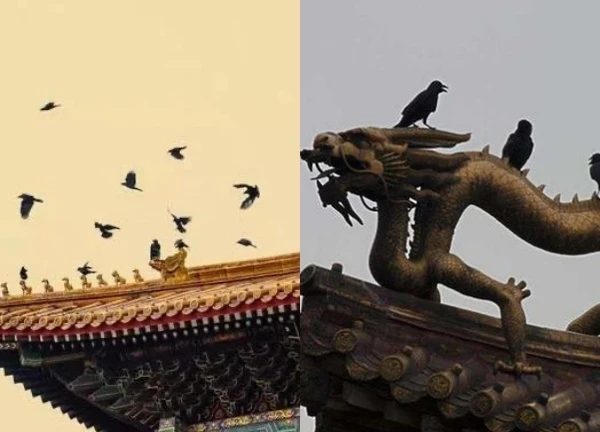
3 | 0 Discuss | Share
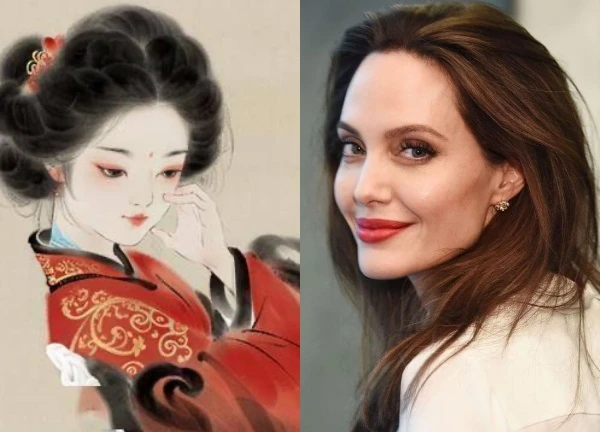
3 | 0 Discuss | Share






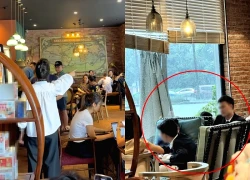



1 | 0 Discuss | Report